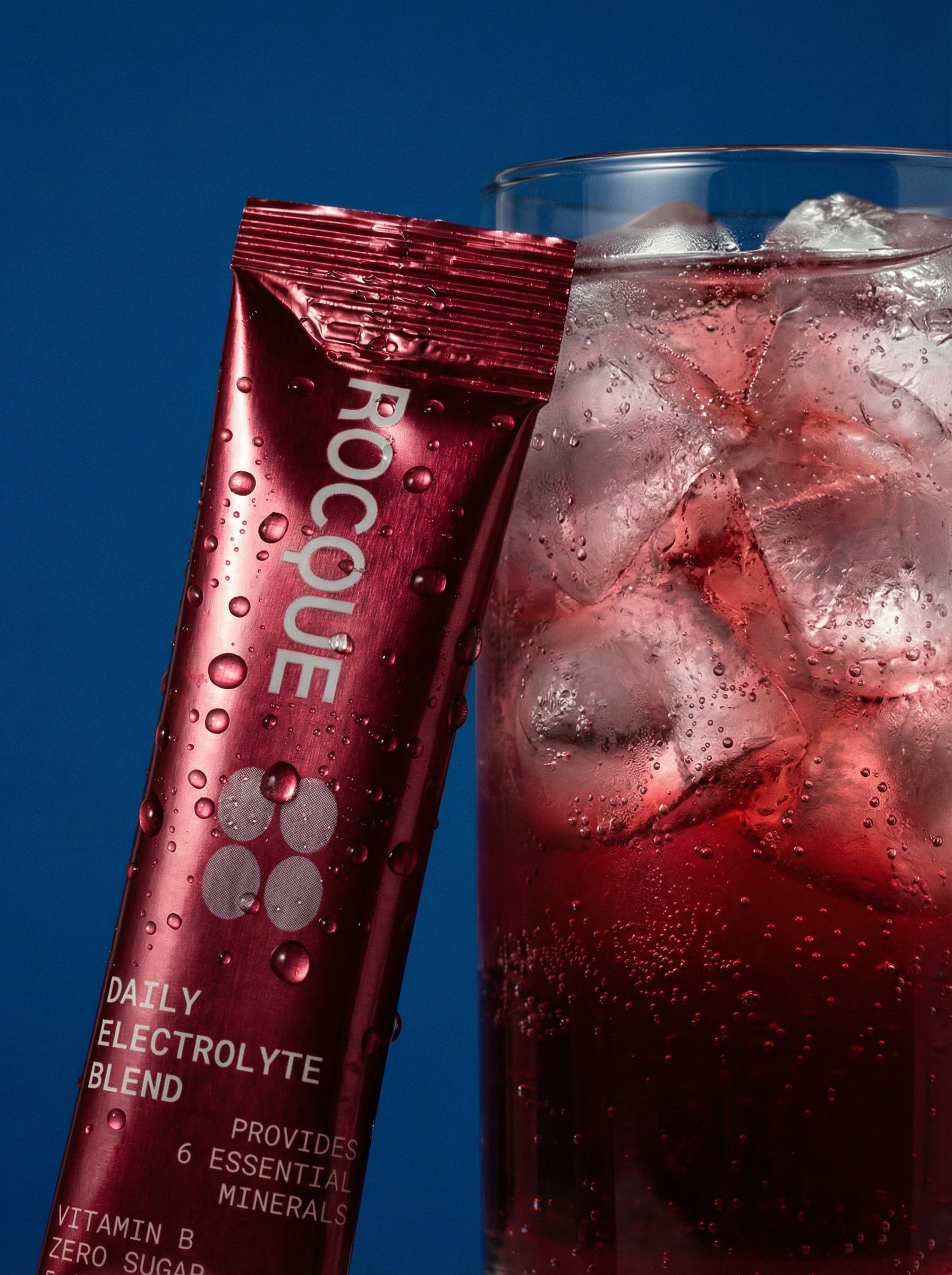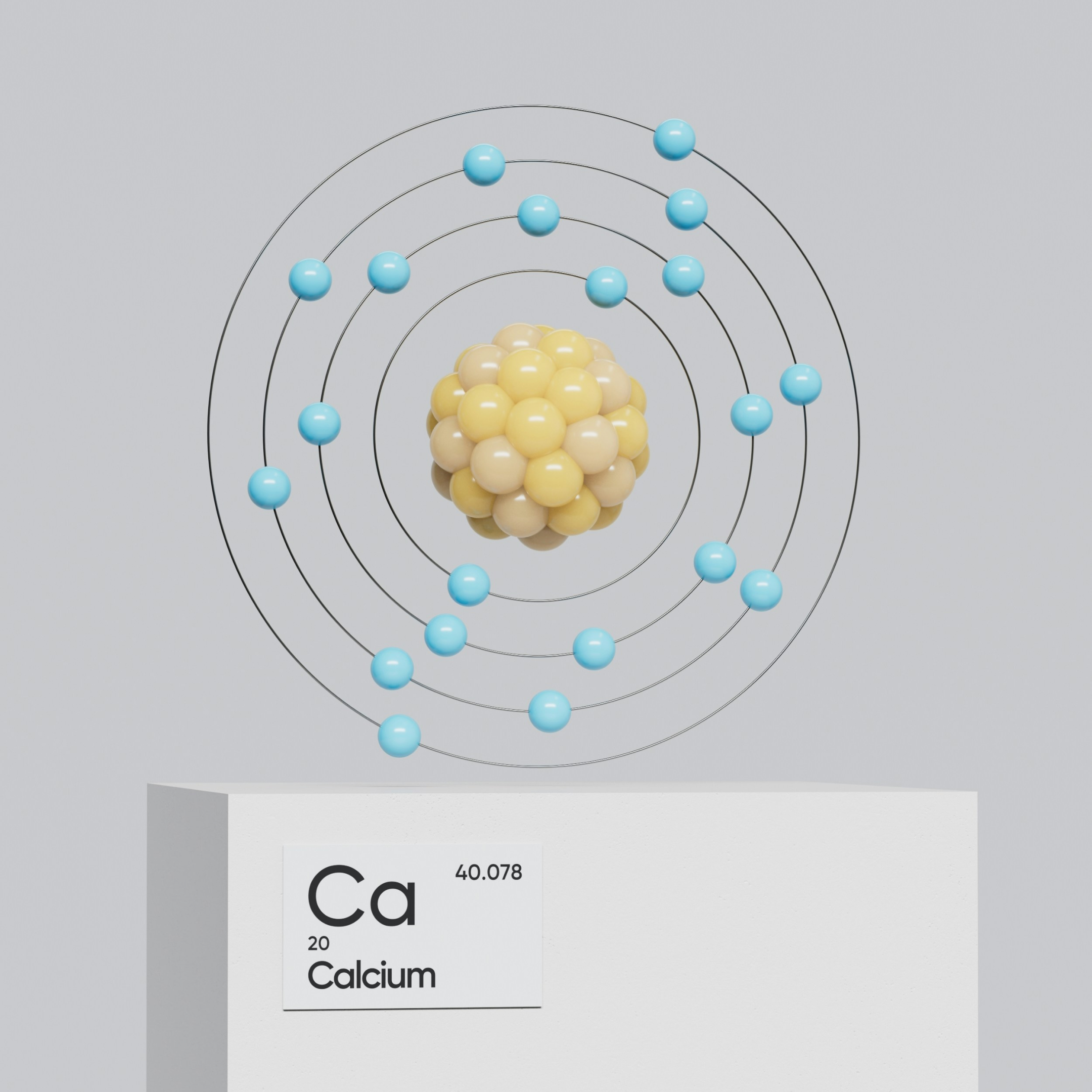When discussing electrolytes and hydration, chloride is often overshadowed by its more well-known counterparts like sodium and potassium. However, chloride plays a critical role in maintaining fluid balance, supporting digestion, and ensuring that your body stays properly hydrated—especially during physical activity. Without sufficient chloride, key processes that keep your body in equilibrium could break down.
In this article, we’ll explore chloride’s vital role in maintaining fluid balance, how it works alongside sodium, its function in digestion, and why it’s particularly important for athletes and active individuals who need to stay hydrated during extended periods of activity.
How Chloride Maintains Fluid Balance
Chloride is a negatively charged ion that works closely with sodium, a positively charged ion, to maintain the balance of fluids inside and outside of cells. This balance is crucial for many bodily functions, including muscle contraction, nerve transmission, and hydration.
Chloride’s primary role is to help regulate the amount of water in your body by maintaining the osmotic pressure that allows fluids to move in and out of cells. It also helps maintain the acid-base balance in the blood, ensuring that your body’s pH levels remain stable. Together with sodium, chloride helps control your body’s electrolyte balance, keeping fluids distributed where they are needed most.
A study by Adrogue and Madias (2007) emphasized the importance of maintaining appropriate chloride levels for fluid regulation and highlighted how imbalances can lead to dehydration or excessive fluid retention. Ensuring proper chloride levels helps keep your cells hydrated and functioning optimally.
Working in Tandem with Sodium
Chloride and sodium are frequently found together in sodium chloride (commonly known as table salt). These two electrolytes work synergistically to regulate fluid balance across cellular membranes. Sodium is responsible for drawing water into the bloodstream and tissues, while chloride helps maintain the appropriate electrical charge and balance that allows this movement to happen smoothly.
The combination of sodium and chloride is crucial in regulating blood pressure and ensuring that your tissues stay properly hydrated. Sodium pulls water into your bloodstream, and chloride ensures that this water is distributed evenly to avoid excessive swelling or dehydration. This balance is particularly important during physical activity, where fluid loss through sweat can disrupt the delicate balance of these electrolytes.
According to research by Wilcox (2001), the interaction between sodium and chloride is central to how the kidneys manage fluid retention and excretion. Without adequate chloride, the body struggles to retain the right amount of water, leading to dehydration, muscle cramps, or even heat exhaustion during extended physical activity.
Chloride’s Role in Digestion
Chloride is also a key component of gastric juice (hydrochloric acid) in the stomach. Hydrochloric acid plays a major role in digestion by helping break down food, absorb nutrients, and kill harmful bacteria that enter the stomach. Adequate chloride levels are necessary to maintain the acidic environment needed for proper digestion and nutrient absorption.
A deficiency in chloride can result in digestive issues, including indigestion, a reduced ability to break down food, and impaired absorption of essential nutrients. This is why chloride is vital not just for hydration but also for digestive health.
Why Chloride Is Essential for Athletes
For athletes and those who engage in prolonged physical activity, maintaining proper electrolyte levels, including chloride, is crucial. During intense exercise, the body loses not only water but also significant amounts of electrolytes—especially sodium and chloride—through sweat. If these electrolytes are not replenished, it can lead to dehydration, muscle cramps, and a drop in performance.
Chloride helps ensure that water consumed during exercise is effectively absorbed into the body, maintaining hydration and preventing the body from overheating. In addition to maintaining hydration, chloride supports proper muscle function by ensuring the right balance of fluids inside and outside muscle cells. Without this balance, muscles may cramp, leading to early fatigue.
A study published in the Journal of Sports Science & Medicine (Shirreffs et al., 2005) found that athletes who maintained proper sodium and chloride levels during exercise performed better and were able to stay hydrated more effectively than those who did not. The study emphasized the importance of electrolyte replenishment—particularly sodium chloride—to support endurance and maintain fluid balance during extended periods of activity.
How to Maintain Adequate Chloride Levels
Chloride is commonly consumed in the diet through table salt (sodium chloride), so most people get adequate levels. However, during periods of intense sweating, it’s important to replenish lost electrolytes, including chloride, to prevent dehydration. Here are a few ways to ensure proper chloride intake:
- Diet: Chloride is naturally found in many foods, especially those containing salt. Foods like olives, seaweed, rye, and tomatoes are good sources of chloride. For most people, regular consumption of these foods ensures they get enough chloride.
- Electrolyte Supplements: For those engaging in prolonged exercise, Rocque’s Daily Electrolyte Blend is a great option for replenishing electrolytes like chloride, sodium, and potassium. Rocque’s blend ensures proper hydration and supports performance by maintaining electrolyte balance, particularly during long workouts or endurance activities.
- Hydration During Exercise: For athletes, consuming electrolyte-rich fluids before, during, and after exercise can help replenish chloride and other essential electrolytes lost through sweat, ensuring sustained hydration and preventing cramps or fatigue.
Conclusion: Chloride – The Unsung Hero of Hydration
Although it doesn’t get the same attention as sodium or potassium, chloride is a crucial electrolyte for maintaining fluid balance, supporting digestion, and keeping the body properly hydrated. Working in conjunction with sodium, chloride ensures that your body can regulate fluid levels, support muscle function, and sustain overall health.
For athletes and active individuals, ensuring adequate chloride intake through diet and supplementation—like Rocque’s Daily Electrolyte Blend—can help you stay hydrated, prevent cramps, and maintain performance during extended physical activity.
Incorporating chloride into your hydration strategy, especially during intense exercise, ensures that your body remains balanced, energized, and ready to perform.
References
- Adrogue, H.J. and Madias, N.E. (2007) ‘Sodium and potassium in the pathogenesis of hypertension’, New England Journal of Medicine, 356(19), pp. 1966-1978.
- Shirreffs, S.M., Sawka, M.N. and Stone, M. (2005) ‘Water and electrolyte needs for football training and match-play’, Journal of Sports Science & Medicine, 4, pp. 429-441.
- Wilcox, C.S. (2001) ‘Regulation of renal blood flow by plasma chloride’, Journal of Clinical Investigation, 107(5), pp. 693-700.




